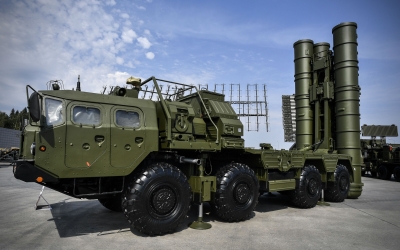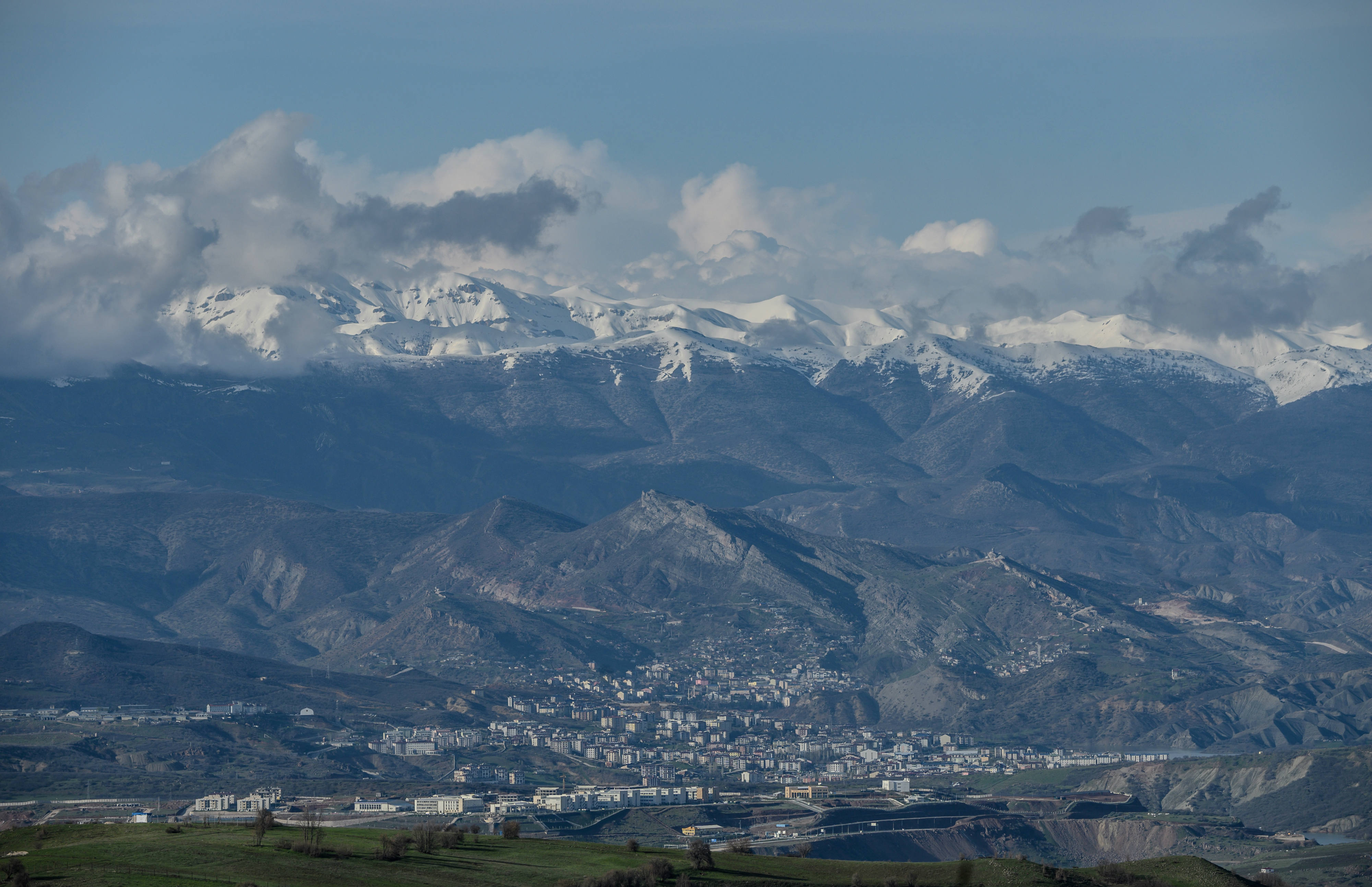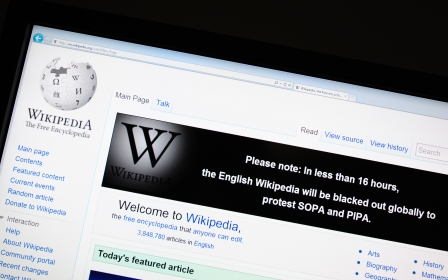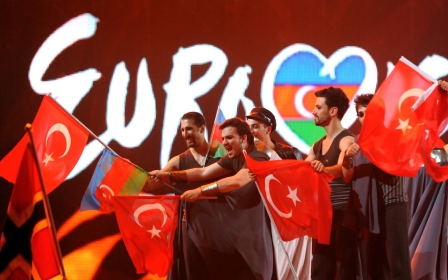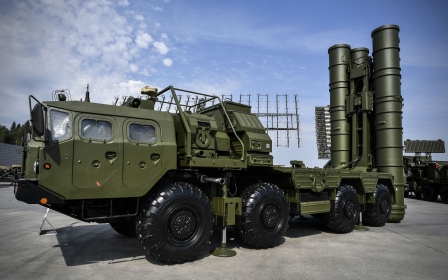Turkey's communist mayor sparks national controversy with city name-change
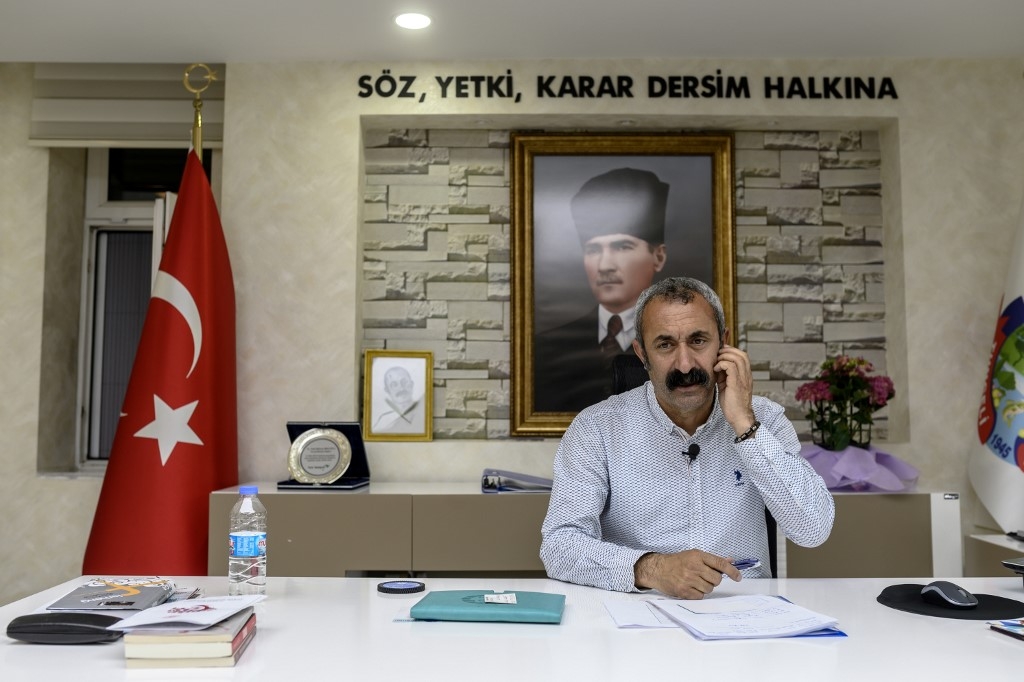
Turkey’s first communist mayor is dealing with his first public controversy following a decision on Wednesday to change the official name of the municipality he leads.
The city assembly of Tunceli, an eastern city known for its opposition to central government, voted to replace the city's name on municipal buildings with “Dersim”, a historical name for the city and its eponymous province.
The government of Mustafa Kemal Ataturk changed Dersim to Tunceli in 1935 as part of plans to modernise the area and dissolve what the government called at the time “the feudal system led by chieftains”.
Dersim's name-change was part of several measures the newly founded republic was carrying out as it sought to promote strong Turkish nationalism, especially in Kurdish-majority areas.
The loss of autonomy and confiscation of weapons, among other reasons, helped spark the bloody Dersim rebellion, a conflict that still reverberates today.
Fatih Mehmet Macoglu, who was elected mayor in the 31 March local elections and is from the Turkey Communist Party (TKP), supported the change as head of the city assembly, with protests following.
The hashtag #DersimDegilTunceli, (Not Dersim, it is Tunceli) has been trending on Twitter for the past two days, while prominent figures such as popular news anchorman Fatih Portakal and singer Gokhan Oguz criticising the move as “unnecessary”.
“If there is to be a change, it should have been done by the parliament, as it was done in 1935. Personal and emotional decision-making creates chaos,” Oguz said.
Portakal, a journalist from Fox Haber, said the step was wasting people’s energy for no reason.
"Is that it? What happens if we call it Dersim, or Tunceli? A new and unnecessary debate topic has been created. Mayor Fatih Macoglu, was this appropriate amid all these problems? Wasted energy!!!" he tweeted.
Turkish President Recep Tayyip Erdogan’s parliamentary ally Devlet Bahceli, the chairman of Nationalist Movement Party (MHP), said the assembly’s decision was null and void.
“There is no such province officially called Dersim in Turkey. Turning a blind eye to this communist and separatist conspiracy will invite ghastly disasters, and open doors to dangers that [could threaten our] survival,” he said.
'There is no such province officially called Dersim in Turkey. Turning a blind eye to this communist and separatist conspiracy will invite ghastly disasters'
- Devlet Bahceli, MHP chairman
Following the outcries, Macoglu released a video message defending himself. He said his administration was just trying to meet the popular local demand, as the city already had a newspaper and local football club called Dersim.
“The provincial governor [a government appointee] has the last say over this issue. Our aim wasn’t politicising this issue, but just following what the people of our city want,” he said.
A local politician noted that signs and banners displaying the name “Dersim” had always been placed along with those reading “Tunceli” at the entrance of the municipal building until the government sacked the previous mayor over allegations of terror links.
"The banner removed by government-appointed trustee is getting placed again by the municipal assembly. The assembly represents the will of Dersim's people," Ferhat Tunc tweeted.
The Dersim rebellion, an insurgency led by the ethnically Zaza and Alevi chieftain Seyid Riza between 1937-1938, remains to be a sensitive topic in Turkey.
Several historical accounts suggest locals resisted the reforms brought by the young Turkish republic in the unruly area, where people had lived under local administration for hundreds of years.
Several military operations to quash the rebellion led to hundreds of casualties, according to the state's own reports.
Ataturk’s adopted daughter, Sabiha Gokcen, the first female fighter pilot in history, also participated in the operation and bombarded targets.
Some social media commentators have highlighted Gokcen's role in putting down the rebellion in their criticism of Tunceli's name change.
"I see, Seyit Riza's grandsons and daughters miss Sabiha Gokcen's bombs!" a Twitter user said, sharing a poster glorifying Ataturk's adopted daughter as the conqueror of Dersim.
In 2011, Erdogan, then prime minister, apologised to the Turkish people on behalf of the state for the civilian casualties during the rebellion's quashing.
Referencing state archives, Erdogan said between 1936-1939 more than 13,000 people were killed, including children and women.
Middle East Eye delivers independent and unrivalled coverage and analysis of the Middle East, North Africa and beyond. To learn more about republishing this content and the associated fees, please fill out this form. More about MEE can be found here.


